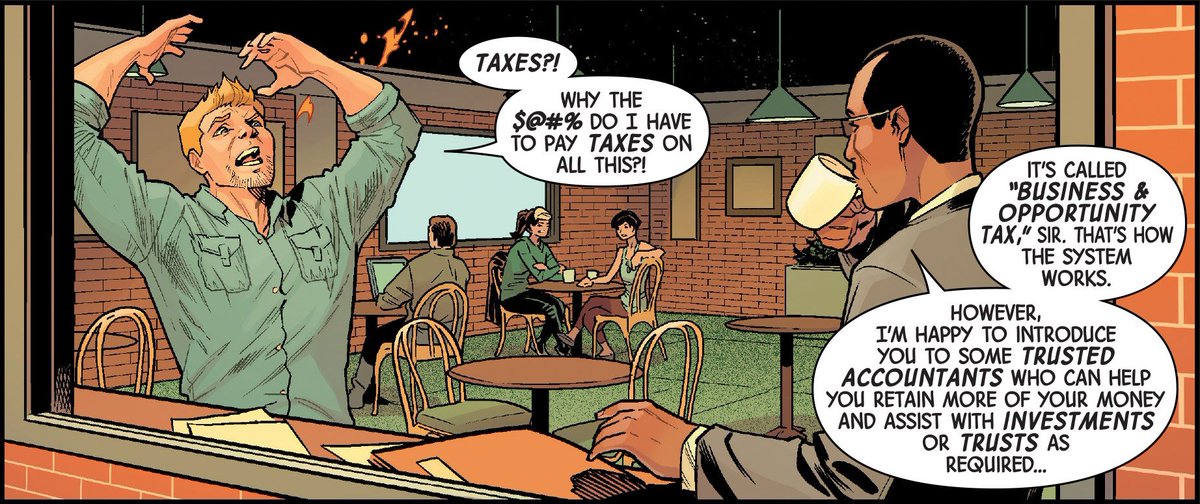Everyone's situation is different, but here are some broad suggestions to help you out in the future:
Equipment, software, reference material, business meals, travel, all of it.
If you're not tracking business expenses you're paying way more than you should.
If I make $10,000 in freelance income, but spent $2500 in equipment, travel, and reference in order to make that money, I don't get taxed on $10,000, I get taxed on $7500.
30% tax rate on $10,000 = $3000
30% tax rate on $7500 = $2250 (saved $750!)
Get a separate credit card and only use it for business stuff.
That way each month you have a simple list of business-related expenses already tallied up and good to go.
Both sites are required to hand over records to tax offices if requested.
I know it can feel like 'free' digital money, but don't look at it that way as it can really bite you later.
Comic artists write off comic purchases.
Independent game designers write off game purchases.
Animators write off animated movies and art books.
You can write down a loss if you spent more than you made while getting your business up and rolling, but the tax man won't accept that year after year without growth. You can't claim to be a freelancer to tax shelter your actually hobby.
In most cases they just mail you a letter asking for receipts that match a category total you claimed. That's it.
If there are severe discrepancies, they may choose to do a full audit.
Again, no one is going to jail. They're just going to ask for ALL your records for specific years to confirm your totals claimed.
The Canadian Revenue Service was quite confused by a large amount of freelance income where I wasn't charging or paying HST (tax) on it until I proved it was all US-based/US dollar income, then I was fine.
If they save you a decent amount (and they probably will) it actually does pay for itself.
Keep good records and you'll save the accountant time/hassle too.
$400
freelancetaxation.com/the-minimum-fr…
That's $400 gross (total), not net (after expenses).
In Canada, for example, I can write off up to 50% the cost of business-related meals/entertainment (including tips paid on the bill).
That's also where an accountant can be crucial.
They'll know all the tax ins and outs for your region:
Expenses, home office write-offs, retraining, you name it.
Thanks for all the kind words and shares.
I've gotta get back to scripting!
Freelancing and Taxes: The Basics
jimzub.com/creative-freel…
Thanks!
(Artwork by @SeanIzaakse + @TBonvillain from Uncanny Avengers)

jimzub.com/category/tutor…

















